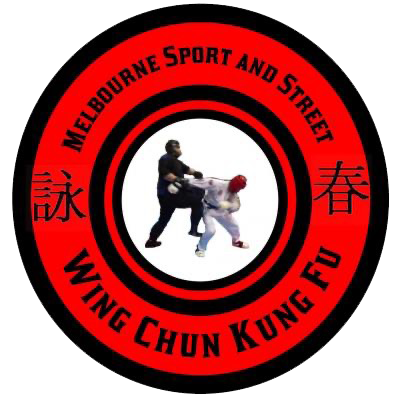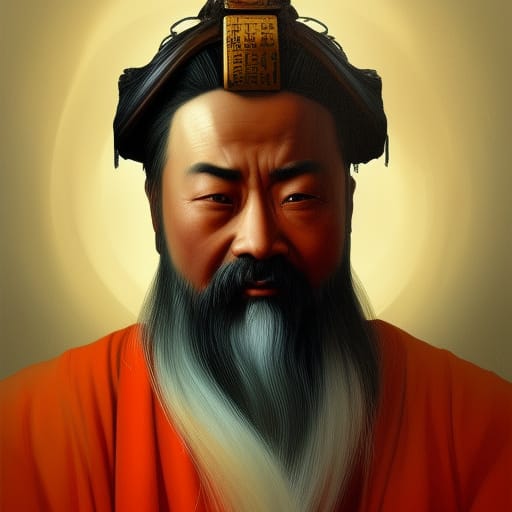Wing Chun Kung Fu’s Principles in Everyday Life: Applying the Art’s Wisdom to Achieve Personal Goals
By Maurice Novoa a master under the Yuen Kay Shan, Ip Man and Pan Nam lineages.
Introduction:
Wing Chun Kung Fu, beyond its practical application in combat, offers principles that can be applied to everyday life. In this article, we explore the art’s wisdom and how it can be used to achieve personal goals. We will also delve into the influences of Confucianism and Buddhism on Wing Chun, further enriching its philosophical foundations.
The Principles of Wing Chun
Simplicity: Streamlining Actions and Eliminating Unnecessary Steps
Simplicity is a central principle in Wing Chun. It involves streamlining actions and eliminating unnecessary movements to achieve maximum efficiency. By simplifying our approach to tasks and goals, we can remove obstacles and focus on what truly matters, increasing our chances of success.
Efficiency: Maximizing Effectiveness with Minimal Effort
Efficiency is another fundamental principle of Wing Chun. It emphasizes maximizing effectiveness with minimal effort. In everyday life, this principle encourages us to identify the most efficient ways to accomplish our goals, avoiding wasted time and energy. By honing our skills and focusing on efficiency, we can achieve more with less.
Centerline Theory: Seizing the Advantageous Position
The centerline theory in Wing Chun teaches us the importance of occupying the advantageous position. In life, this translates to recognizing and capitalizing on opportunities that align with our goals. By maintaining focus and being aware of our surroundings, we can position ourselves for success and make the most of favorable circumstances.
The Influence of Confucianism in Wing Chun
Ethics and Virtues: Guiding Personal Conduct
Confucianism’s influence on Wing Chun is evident in its emphasis on ethics and virtues. The art promotes moral conduct, integrity, and the cultivation of virtues such as loyalty, righteousness, and respect. By applying these values in everyday life, practitioners can navigate challenges with honor and integrity, fostering positive relationships and personal growth.
Relationship with Others: Respect, Harmony, and Honor
Confucian teachings also emphasize the importance of harmonious relationships. In Wing Chun, practitioners cultivate respect for their Sifu, fellow students, and training partners. They embrace the value of honor, promoting goodwill and cooperation. Applying these principles in our interactions with others fosters harmony, empathy, and mutual respect.
The Influence of Buddhism in Wing Chun
Mindfulness: Cultivating Awareness and Presence
Buddhism’s influence can be seen through the practice of mindfulness. Mindfulness involves cultivating awareness and being fully present in the current moment. By applying mindfulness in everyday life, practitioners enhance their focus, decision-making abilities, and overall well-being.
Non-Attachment: Letting Go of Ego and Embracing Change
Buddhist wisdom also encourages non-attachment, letting go of ego and embracing change. In Wing Chun, this principle allows practitioners to adapt to different situations and let go of fixed ideas. By embracing change and letting go of attachments, individuals can overcome obstacles and approach challenges with flexibility and resilience.
Applying Wing Chun Principles to Personal Goals
Setting Clear and Achievable Goals
Wing Chun teaches the importance of setting clear and achievable goals. By defining what we want to accomplish and breaking it down into manageable steps, we can stay focused and motivated throughout our journey. Clear goals provide a roadmap for success and allow us to measure our progress along the way.
Focusing on Efficiency and Effectiveness
Efficiency and effectiveness are key factors in achieving personal goals. By applying the Wing Chun principle of maximizing effectiveness with minimal effort, we can identify the most efficient strategies and actions to reach our objectives. This approach ensures that our efforts are directed towards what truly matters, saving time and energy.
Cultivating Mindfulness in Everyday Actions
Mindfulness plays a significant role in achieving personal goals. By practicing mindfulness in our daily actions, we develop greater self-awareness, focus, and clarity of thought. This heightened awareness allows us to make conscious choices and align our actions with our goals, enhancing our chances of success.
Embracing Change and Letting Go of Attachments
Change is inevitable in life, and Wing Chun teaches us to embrace it. By letting go of attachments to fixed ideas and approaches, we open ourselves to new possibilities and adapt to changing circumstances. This flexibility and willingness to embrace change enable personal growth and increase our chances of achieving our goals.
Conclusion
Wing Chun Kung Fu offers valuable principles that can be applied to everyday life and personal goals. By embracing simplicity, efficiency, and the centerline theory, we can streamline our actions, maximize effectiveness, and seize opportunities. Additionally, the influences of Confucianism and Buddhism enhance the art’s wisdom, emphasizing ethics, harmony, mindfulness, and non-attachment. By applying these principles and embracing change, individuals can achieve personal growth and success on their chosen paths.

